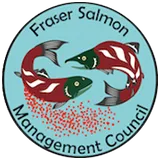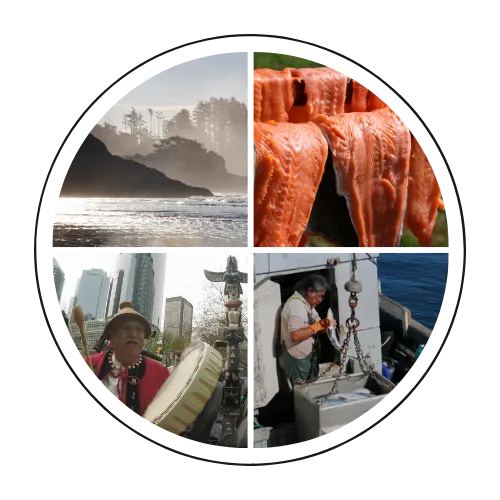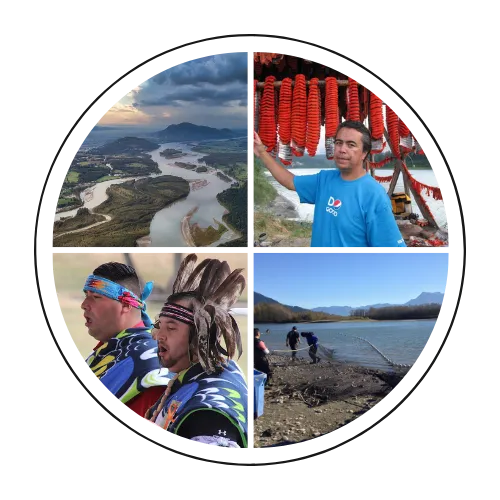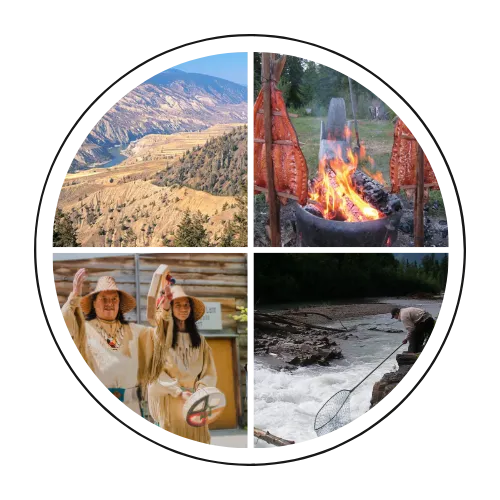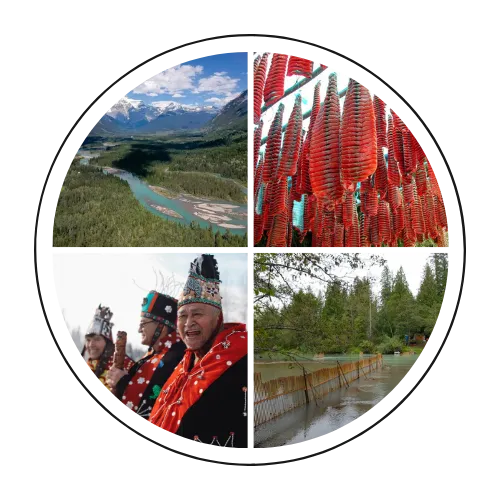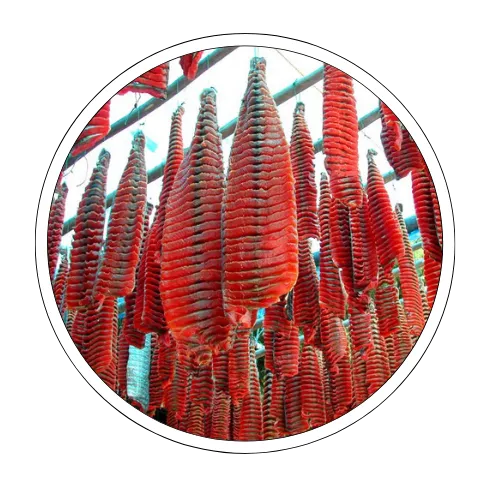
About this FSMC Special Project
A Watershed-Wide Collaboration
The Fraser Salmon Management Council (FSMC) is leading the development of a First Nations-led Food, Social, and Ceremonial (FSC) Sharing Framework for Fraser River sockeye.
This project responds to an urgent reality: the cultural, social, and ecological loss being felt by First Nations communities as salmon returns continue to decline.
First Nations across the watershed—from the headwaters to the marine approach—are coming together to revive traditional inter-tribal sharing protocols, reassert their Section 35(1) rights, and co-develop a new governance model grounded in Indigenous law and ceremony. The FSC Sharing Framework is not just about fish—it’s about healing relationships, returning to ceremony, and building a unified voice for sustainable, reciprocal salmon stewardship.
This page serves as a coordination hub for Nations, AAROMs, and other partners to stay connected, explore resources, and help shape the future of sockeye sharing in the Fraser.
Project Objectives Roles & Tasks
Examine and analyze how to best develop a framework for a Nation-to-Nation Sockeye sharing plan to advance a consolidated and unified approach to sockeye conservation management.
Prepare a plan for investigating the interest and capacity of Fraser River and Marine Approach First Nations commitment and ability to participate in the development of a framework for a sockeye sharing plan amongst each other.
Prepare a plan for investigating how the diversity and behavior of Fraser sockeye salmon plays a role in the development of a Sockeye sharing plan.
Background Context
Fraser First Nations perspectives on managing Fraser sockeye differ from the headwaters to the estuaries and out in the approach areas of Vancouver Island.
Many Fraser First Nations in the mid and upper watersheds have access to only one or two stocks of sockeye and that is only if all the stars align.
For these First Nations, it is the return of sockeye to their territory that determines their fishing success, not the total return of sockeye to the Fraser River.
The current aggregate based management system simply does not function, and an overall paradigm shift is required to turn this approach around.
The needs of Fraser First Nations are best served by a balanced plan that recognizes the current imbalance and begins to move the dial toward a more sustainable and equitable approach.
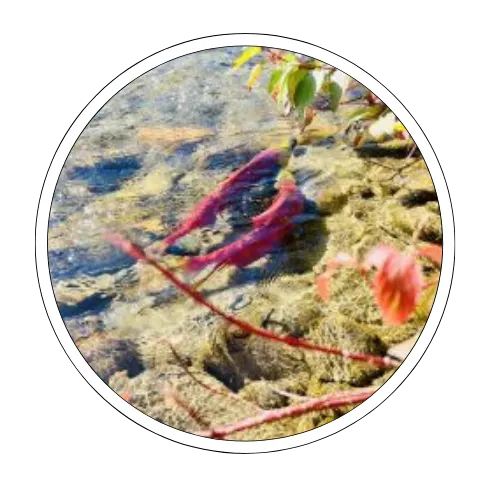
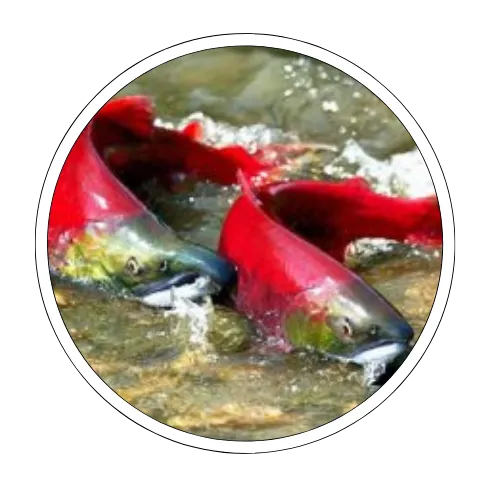
Finally, any rebuilding plan that increases total catch of Fraser sockeye by increasing production from a few strong stocks, e.g., Tsilhquot’in or Adams Lake, while overharvesting the weaker stocks, will continue to leave many First Nations without access.
For sockeye 3 out of 4 years are currently exclusive First Nations FSC access only, including management, i.e. sharing. There are no other sectors allowed, only First Nations. The current management approach has consistently resulted in over fishing of stocks of concern to the most marginalized nations of the Fraser and approach.
Background Resource Documents:
Brochure: Food Social Ceremonial Fisheries & Sharing
Brochure: Inter-Tribal Fishing Treaty A treaty of mutual respect and understanding
Letter of Introduction and Background of Project: First Nation Food Social & Ceremonial (FSC) Fisheries Sharing Framework
Questionnaire: FSC Sharing Framework Questionnaire April 2024
How to Engage in the Project
Register for the FSC Workshop
October 2025
Fill Out the Online FSC Feedback Survey
Join the Live Workshop Discussion
At the October workshop we'll be asking questions at the basis of formulating a migratory route-wide FSC Sharing Framework, such as:
How many fish does my community need and how many are even available in any given year, who may fish?
What stock and how many fish are caught on any given day
When fishing may occur and what the overall effort is, timing and gear type?
When are the openings and closings?
What kind of pre and post season management do the nations expect?
What about barter and trade routes and protocols, policies and procedures?
What about ecological considerations and procedures?
What about monitoring and enforcement?
